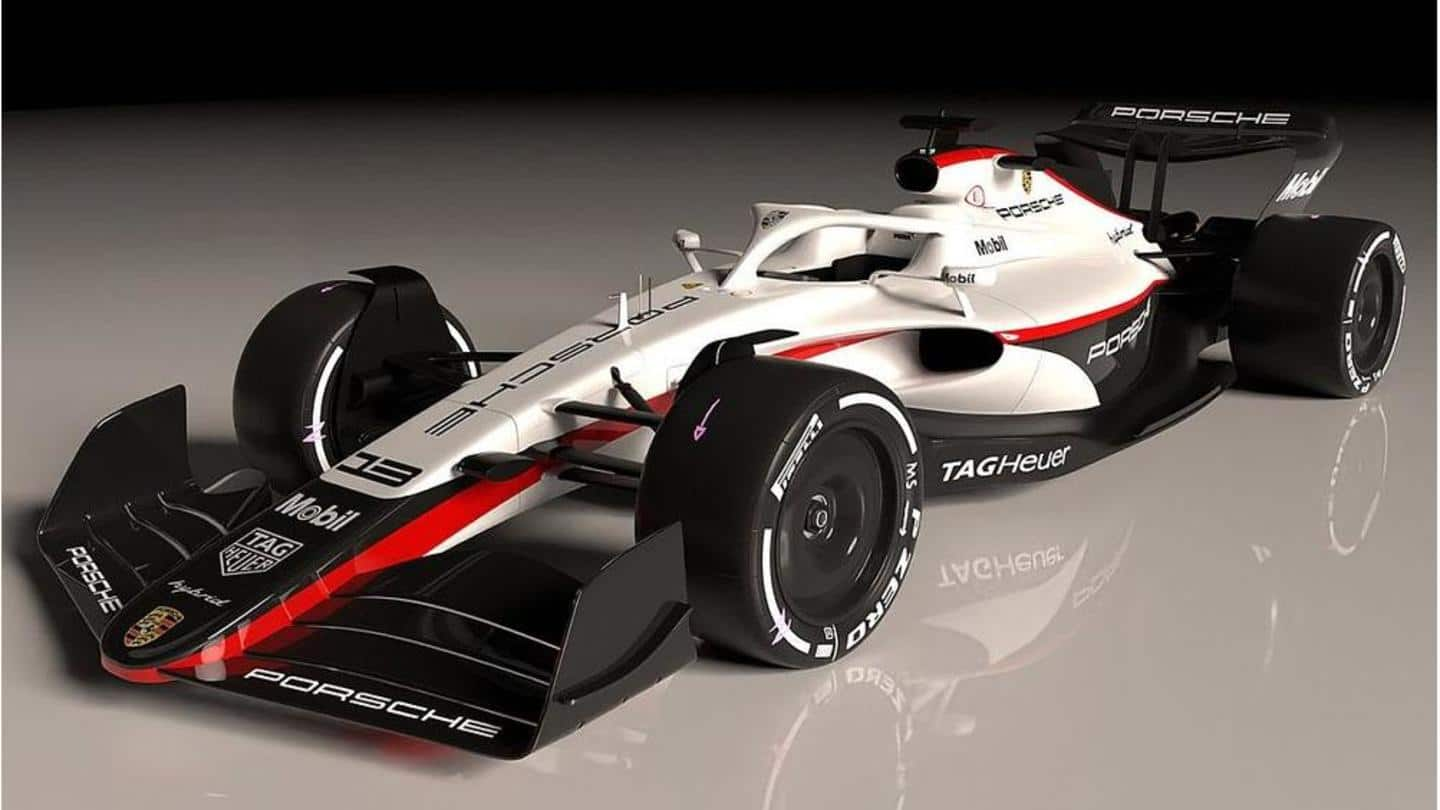
Porsche and Audi to join Formula 1 racing in 2026
What's the story
German automakers Porsche and Audi, under the Volkswagen Group, are set to join Formula 1, as confirmed by VW Group CEO Herbert Diess.
Porsche is reportedly in talks with Red Bull Racing and Audi is being linked with several teams, including Aston Martin, Williams, and McLaren.
Their F1 entry is expected in 2026, once new powertrain rules are enforced.
Context
Why does this story matter?
Formula 1 is the pinnacle of motorsports in the open-wheel category, sanctioned by the Federation Internationale de l'Automobile (FIA).
It is considered a trendsetter in the automobile industry, with various technological advances trickling down to modern passenger cars over the course of time.
With the German automakers announcing their entry, it will make the sport more interesting than it currently is.
History
Porsche was involved in F1 in the early 1990s
The news marks the return of Porsche brand to the sport, nearly three decades after its exit in the 1990s.
Porsche's path to F1 as an engine supplier is reportedly more concrete than Audi's, with rumors involving ongoing negotiations with Red Bull Racing.
With Honda departing F1, Redbull's latest racecar, RB18 carries over the power unit from their last season with in-house developments.
Official words
A move to F1 would be a no-brainer, says Diess
During his live session on YouTube, Volkswagen Group CEO, Herbert Diess said, "If you do motorsport, you should do Formula 1, as that's where the impact is greatest."
"What's more, you can't enter Formula 1 unless a technology window opens up, which means, in order to get in there, a rule change, so that everyone starts again from the same place."
Future
Why do Porsche and Audi want to join F1?
Formula 1's growing popularity in the US and its increased emphasis on sustainability are two of the contributing factors to the interest of the German giants in the pinnacle of motorsport.
With the engines being electrified to a much greater extent and the inclusion of synthetic fuels from 2026 onward, both Porsche and Audi can benefit from their current expertise in those technologies.